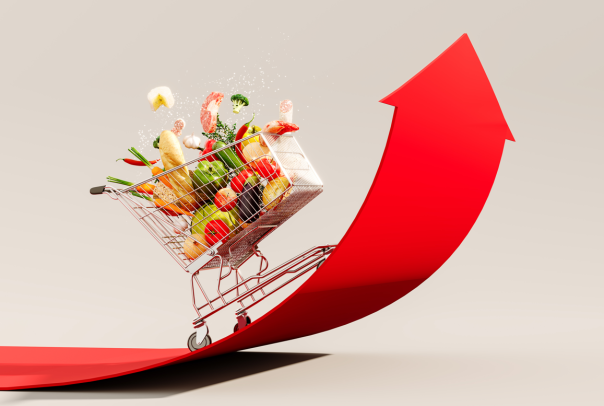
Figures from the British Retail Consortium (BRC) and NielsenIQ (NIQ) show that food prices rose by 4.2% in the year to August, up from 4% in July. This is the sharpest increase since February 2024 and comes on top of broader inflationary pressures in the economy.
The jump was driven by steep rises in the cost of everyday staples. Eggs and butter saw “significant increases” amid strong demand, tightening supply and higher labour costs. Chocolate also became more expensive after poor cocoa harvests, with climate change and crop disease blamed for reducing yields in West Africa, the world’s main supplier.
Helen Dickinson, chief executive of the BRC, warned that the surge would further squeeze households already struggling to balance budgets. “Staples such as butter and eggs saw significant increases due to high demand, tightening supply, and increased labour costs,” she said. “Chocolate also got more expensive as global cocoa prices remain high owing to poor harvests.”
Retailers say they are working to shield consumers from the worst of the increases, but rising operational costs are making that harder. Last autumn’s budget added £7 billion in new costs for the retail sector through higher employer national insurance contributions and an increase in the national living wage. More than 60 retail bosses – including those from Tesco, Sainsbury’s and Boots – have warned the government against further tax rises in the next budget, arguing it would undermine efforts to ease the cost-of-living crisis.
While non-food prices continued to fall by 0.8% year on year, overall shop price inflation edged up to 0.9% in August, underlining the impact food is having on household bills. Mike Watkins, head of retailer and business insight at NIQ, said seasonal weather effects, global supply chain costs and the end of promotional campaigns linked to recent sporting events had also contributed to the uptick.
The figures mirror recent data from the Office for National Statistics, which found that food and non-alcoholic beverages were up 4.9% in July compared with a year earlier, with beef, orange juice, coffee and chocolate among the fastest climbers. Droughts in southern Europe, where much of the UK’s fresh produce is sourced, have further pushed up fruit and vegetable prices at a time when they would usually fall.
Policymakers at the Bank of England are now closely watching food prices as a potential trigger for wider inflationary pressures across the economy. Official inflation rose to 3.8% in July, well above the Bank’s 2% target for the tenth month in a row, and analysts warn food inflation could climb above 5% later this year.
“With shoppers returning from their summer holidays, many may need to reassess household budgets in response to rising bills,” said Watkins. “There is little sign yet of an end to food price pressures.”